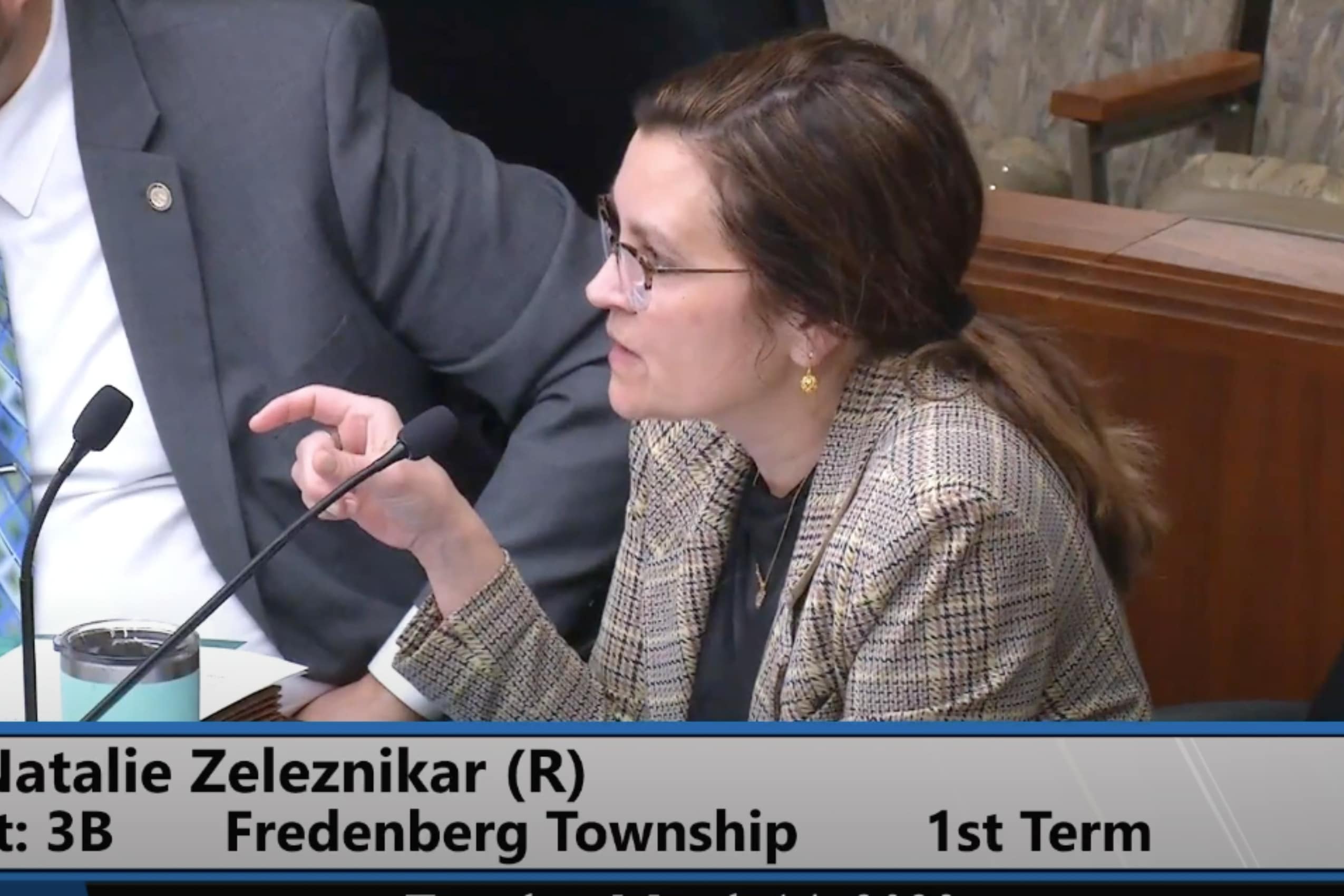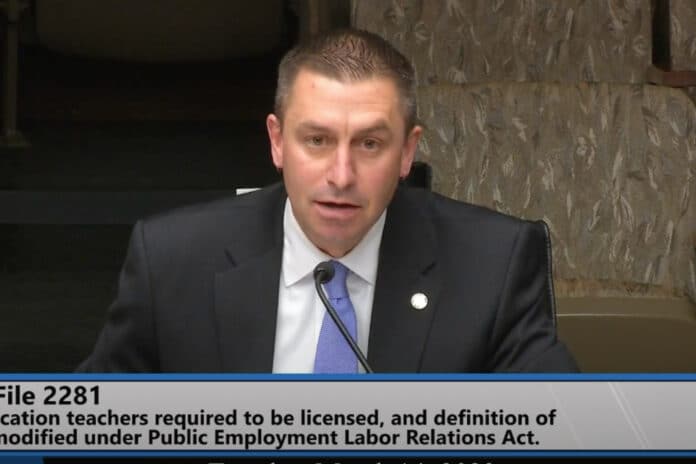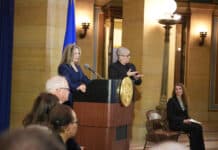Should veteran preschool instructors who don’t have their degree in early childhood education be required to go back to school?
A Twin Cities suburban high school English teacher-turned legislator believes so. And a bill he’s carrying that would do just that is getting pushback from community education leaders and some of his state House colleagues who represent Greater Minnesota, where there is a workforce shortage in early childhood education.
Rep. Josiah Hill, DFL-Stillwater, is sponsoring HF2281, which would require school districts and charter schools to only employ licensed teachers to teach preschool programs in public and charter schools.
In Minnesota, public prekindergarten programs are considered voluntary and are currently offered in about one-third of the 331 school districts across the state. While most prekindergarten instructors employed by these districts are licensed for early childhood education, many districts do not require it.
That technicality doesn’t allow for teachers in such districts to join their local bargaining unit for Education Minnesota, Hill said during a March 14 hearing on the bill in the House Children and Families Finance and Policy Committee. A provision in the bill would expand the definition of teacher to include licensed pre-K instructors, which would allow them to join their local teachers union.
That loophole “allows for our youngest learners to be in a situation where they may be served with someone that does not have the proper preparation and training,” Hill said.
Language in the proposed legislation would also require public and charter school pre-K instructors who do not have their early childhood education license (which requires a four-year early childhood education degree) to obtain it by 2027.
That was a point of contention for Republican lawmakers in the committee who serve areas in Greater Minnesota where the early childhood education workforce is not as plentiful as it is in the Twin Cities.

“While we are giving people in this bill four years to go back to school and get their teaching degree and license, that’s not the pathway everybody wants to take, and there are some excellent early childhood instructors that don’t have a four-year degree right now,” said Rep. Natalie Zeleznikar, R-Fredenburg Township. “And in a workforce shortage that we have right now, this is very shortsighted. It’s going to hurt rural Minnesota tremendously.”
School districts ‘can’t afford mass exodus’ of pre-K instructors
Currently, a significant portion of preschool instructors employed by school districts that offer early childhood education do not have their teaching degree but are nevertheless experienced in the field, said Bri Ostoff, director of community education for the Farmington Area School District, who was testifying on behalf of the Minnesota Community Education Association.
“There is a large group of instructors who will leave the field rather than go back to [pursue an undergraduate degree] for a number of reasons,” Ostoff said, who added that many have professional degrees in other fields but have chosen to work in early childhood education after a period of being stay-at-home parents. Those educators have earned their credentials in the classroom and don’t have the time or financial resources to go back to school full-time, she added.
“Early childhood education cannot afford a mass exodus at this time,” Ostoff said.
State mandate versus local control
While the bill was laid over for likely inclusion in Gov. Tim Walz’s education policy omnibus bill, the dividing lines between DFL members of the committee who favored the legislation and Republican members who oppose it was clear in their discussion.
DFL legislators said they support a top-down scenario that would eventually require all school districts to employ only licensed pre-K teachers. Whereas Republicans said that’s a decision that should continue to be left to school district administrators and board members.
“If we assume [school districts] are acting in good faith and that their desire is the best possible outcomes for students and parents in their community,” said Rep. Walter Hudson, R-Albertville, “then we should accept the fact that those who have chosen not to mandate this have chosen to do so because it is going to provide the best outcomes for their students.”
Hank Long
Hank Long is a journalism and communications professional whose writing career includes coverage of the Minnesota legislature, city and county governments and the commercial real estate industry. Hank received his undergraduate degree at the University of Minnesota, where he studied journalism, and his law degree at the University of St. Thomas. The Minnesota native lives in the Twin Cities with his wife and four children. His dream is to be around when the Vikings win the Super Bowl.













